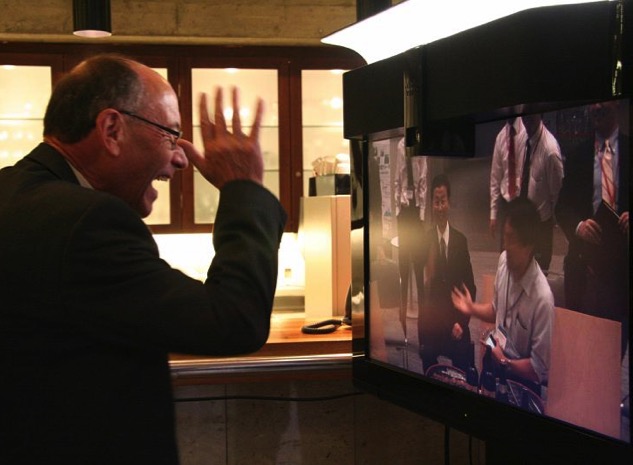Navigation auf uzh.ch
Navigation auf uzh.ch
One of the most effective ways to contribute to climate change with digital technologies is to replace air travel with videoconferencing (VC). Each intercontinental flight that is avoided saves several tons of CO2 emissions per passenger, whereas the footprint of even high-end videoconferencing is much lower (UZH Sustainability Team, Factsheet: Business Travel).
While multinational corporations have been developing a culture of virtual collaboration and videoconferencing, the academic world is still heavily increasing air travel to maintain and extend collaboration networks and communities.
One of several reasons for this reluctance is the bad user experience that still is the regular case for giving remote lectures, participating in virtual meetings for research projects or exams, or trying to follow a workshop or conference from one's desk. There is not much awareness for the different use cases for VC in academia, for their specific technical and organisational requirements, and almost no culture of VC is established.

The ISR Group has undertaken several steps to explore the potential of Videoconferencing (VC) in academia over the years, guided by the research questions:
The Davos-Nagoya field study has been conducted in close cooperation with SWITCH and Cisco: More than 500 participants shared the 3-day World Resources Forum 2009 between the Congress Center in Davos (Switzerland) and the University of Nagoya (Japan), using full HD VC technology to transmit lectures, audiences and Q&A sessions, as well as coffee breaks and lunch breaks/dinners. The field experiment was evaluated using a survey and other accompanying research. Main article (PDF)
This world-wide conference was organised in cooperation with ETH Zurich in 2017: Local teams at each of the ten participating IARU Universities held workshops and exchanged their results in virtual plenary sessions. Background report (PDF) Keynote presentation (PDF)
The goal of this usability study on the VC tool «VidyoConnect» was to identify the barriers for using this tool as a low-threshold option for simple use cases in a university context, in particular a 1:1 presentation. The study by Robin Peter (2018) showed how small technical problems can be highly dissuasive. Usability study (PDF)